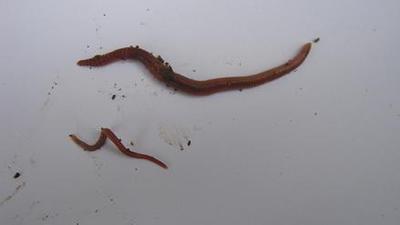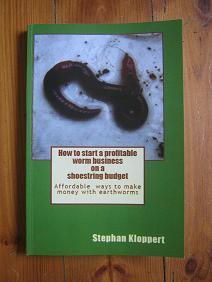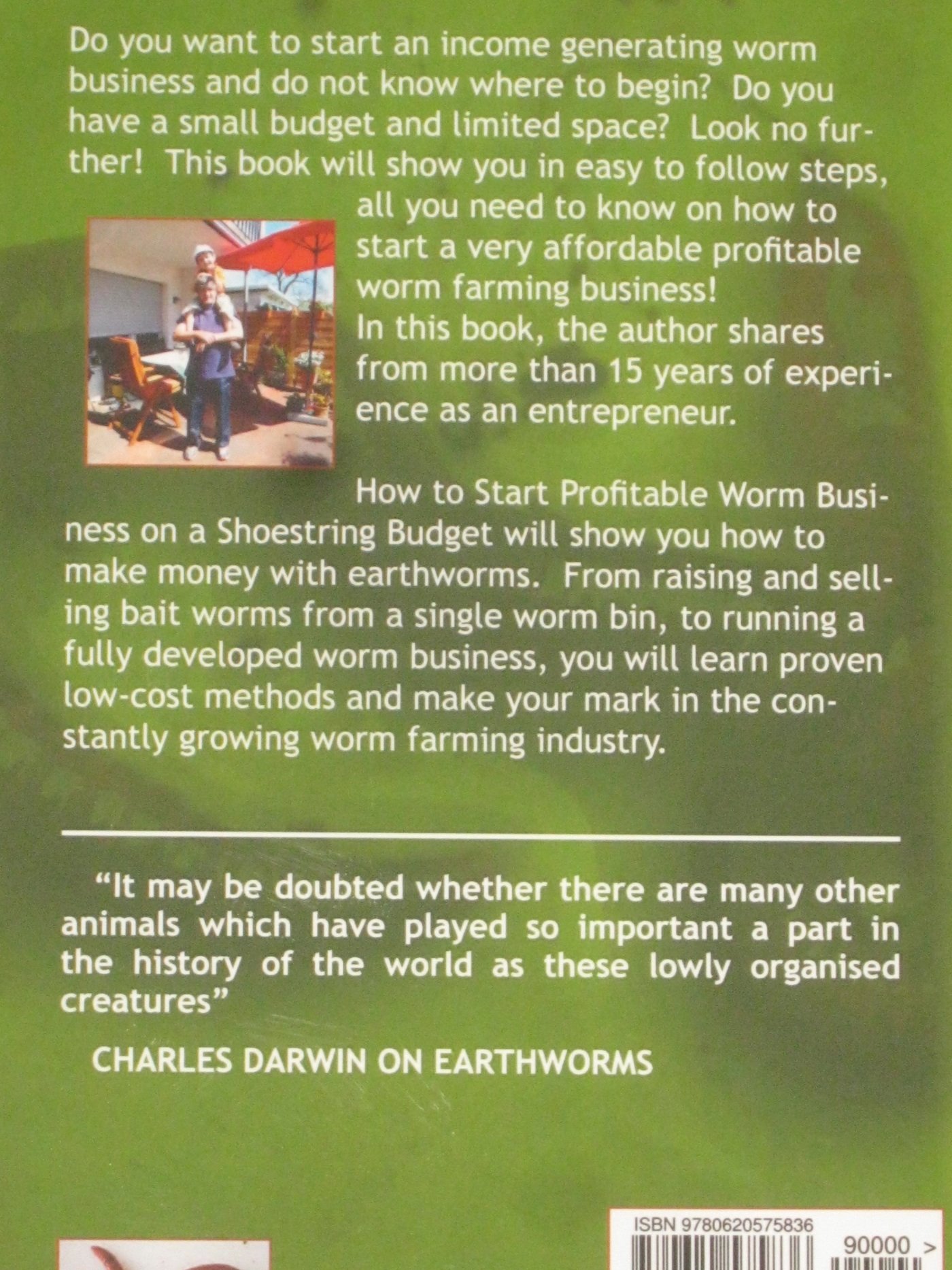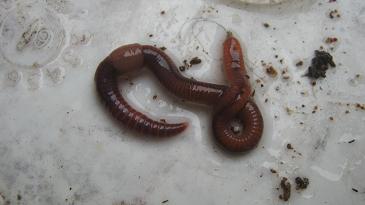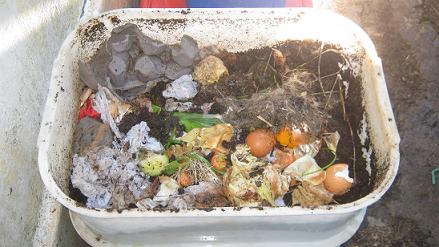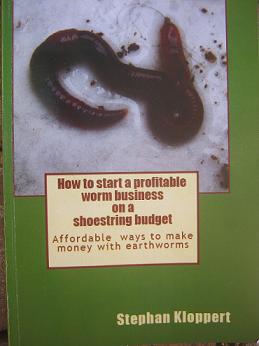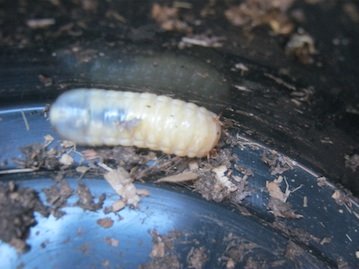Dead compost worms and other questions...
by Stephan
Questions about worm composting?
I obtained a worm system from you about two years ago, and since that time,
it functioned admirably. During winter 2014, however, all my worms
suddenly disappeared from the box. Here and there, the dead rests of worms
in the box seemed as though they had dried out or had been sucked out.
I left the compost in the two boxes, and more or less forgot about them,
thinking that I would have to start all over again some time.
Now, in summer, I wanted to use the compost as potting soil, and to my surprise,
the compost was full of a large number of very small earthworms.
I therefore started the process over again, and the new worms seem to thrive
again.
When I phoned your office a few years ago, i asked you whether housefly
maggots in the bin could do any harm, but you assured me that they are not
detrimental to the worms. I remember however, that you mentioned some other
maggot or pest which could attack the earthworms and cause damage.. I
cannot remember whether you mentioned the name. Could it be that something
like that killed off my worms?
Although the new worms seem to be starting out well again, is there some
way of avoiding a recurrence of this dying off of the worms?.
Might this be something seasonable?
Can the box be disinfected or something?
I know that excess water can drown the worms, but when they died out in winter, the compost was comparatively dry, because I was careful in this regard.
I have been told that worms grow faster if you chop up your kitchen refuse
in a blender.
I have also been told that maize meal added to the compost
also helps them grow faster.
Your advice will be appreciated.
Regards,
Anton
Answer:
Hello Anton,
sorry to hear that your worm herd has died off. The way you describe the remains of the dead worms it it sounds to me that the worm bedding must have been to acidic for the worms.
An indications that the worms are not happy in their worm farm is finding many of them on the walls of your worm farm. you should than aerate the worm bin and sprinkle a thin layer of agricultural lime over the surface of your worm bin.
Another problem could have been the fact that the worm bedding had become to dry. If in doubt rather have the bedding in your worm bin to moist than to dry.
Yes worms can drown or rather suffocate if submerged in water that doesn't hold any oxygen but if there is enough of it dissolved in the water they can live even in a fish tank for months as long as there are no fish in it of course. If the drainage of your worm bins is working well you can easily pore several liters of water over the surface of your bedding to keep it moist and the worms will not get harmed.
The creature that can cause problems in your worm farm are "black soldier fly maggots." The worms dislike them and flee towards the bottom of their bedding.
The contents of the bin will turn soggy in a short while and the worms will have died or left the worm bin.
The worms don't have teeth and do actually suck their food into their mouth. So the smaller and softer it is the more can they consume and the quicker they can grow and recycle the organic waste.
Maize meal, or other materials like dog poop or ground chicken feed can help to speed up the worms growth but another factor to consider if you want big worms is that worms grow bigger if there are fewer worms in their bin that are sharing the living space and the food on offer.
I hop this will help you for now.
Kind regards
Stephan
Editor
worm-composting-help.com
Comments for Dead compost worms and other questions...
|
||
|
||
|
||
|
||
|
||
Search / Suchen
On SPECIAL
"How to start a profitable worm business on a shoestring budget
Order a printed copy from "Amazon" for only
$11.95
or a digital version from the "Kindle" store for only
$4.95
Prices valid till 31.01.2026
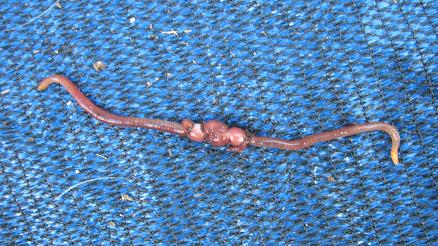
Our New Book
Order the Kindle E-book for the SPECIAL PRICE of only
$3.95
Prices valid till 31.01.2026!
